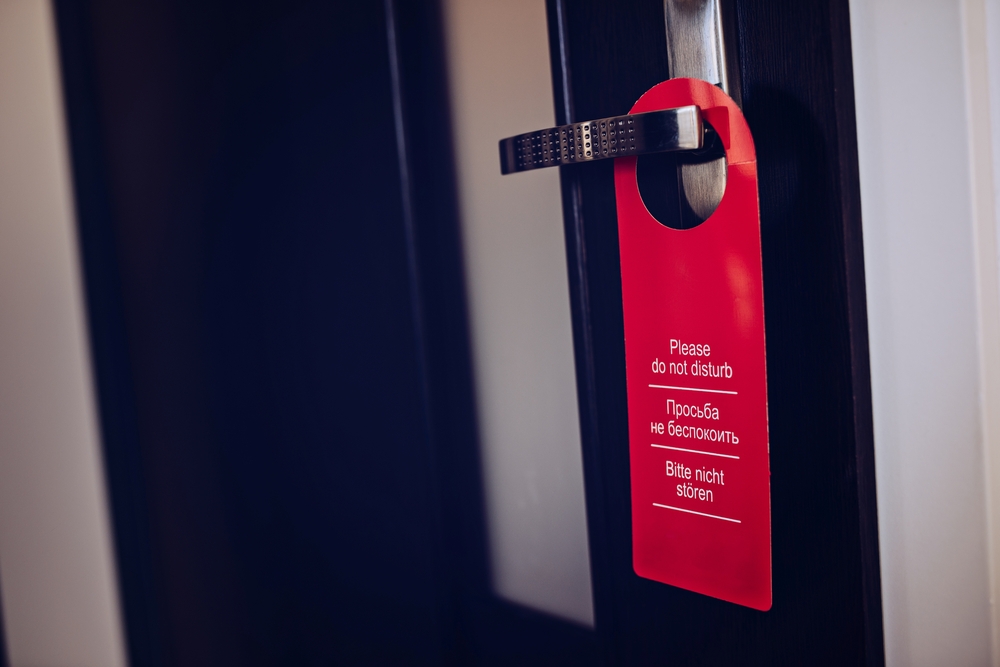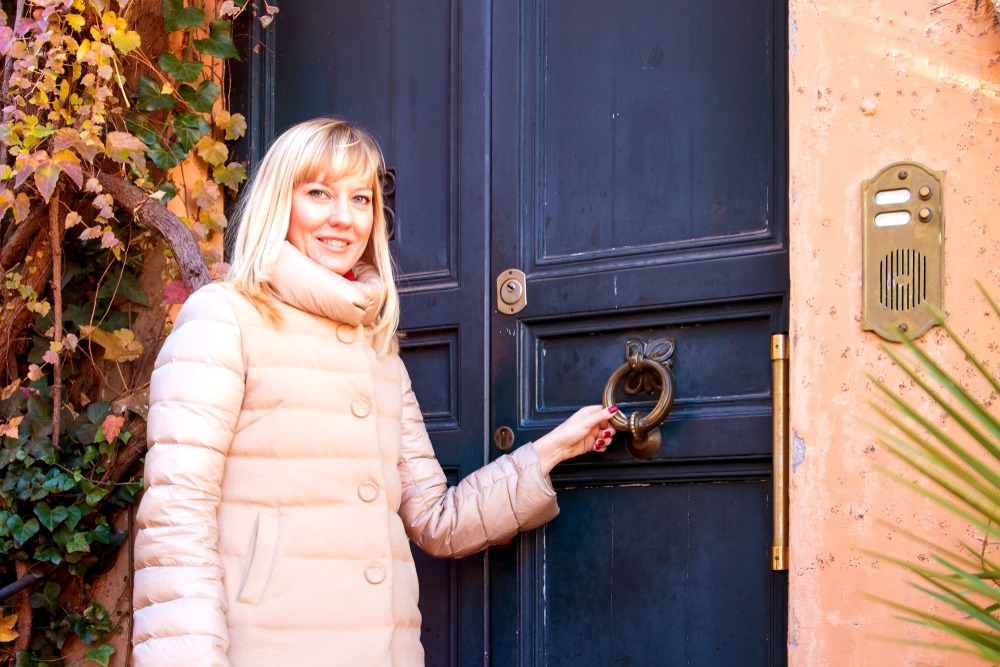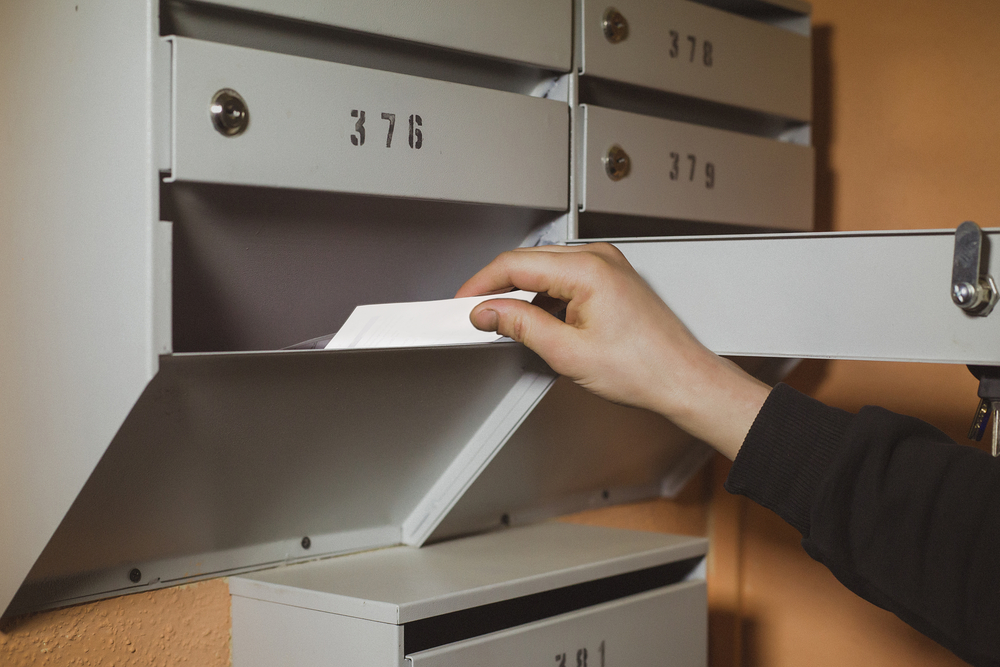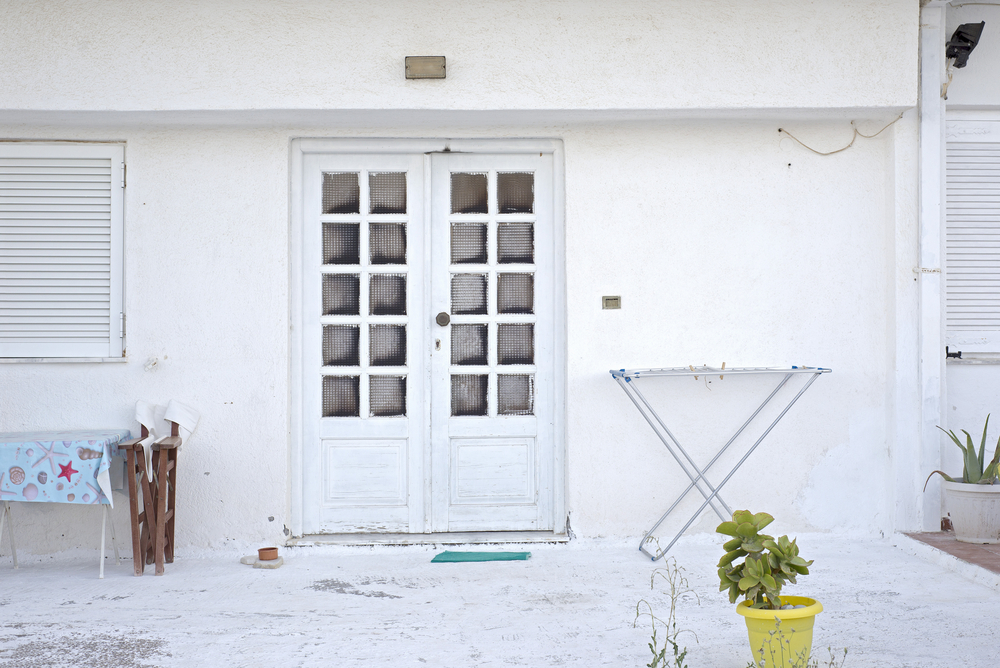A hotel door hanger is a small, usually rectangular piece of plastic, cardboard, or paper designed to be hung on the handle or knob of a hotel room door. These hangers serve multiple purposes, primarily communicating the guest’s preferences or needs to hotel staff without the necessity for direct verbal communication. They are an effective way for guests to relay messages regarding room cleaning, privacy requests, and more.
Here are the common types of messages found on hotel door hangers…
1. Do Not Disturb
- Indicates that the guest does not wish to be disturbed, either by housekeeping or any other hotel staff. This is often used when a guest is sleeping, working, or simply requires privacy.
2. Please Clean Room
- Signals that the guest would like their room to be cleaned or serviced. Guests typically place this hanger on the door when they are leaving the room and wish for it to be cleaned in their absence.
3. Breakfast Orders
- Some hotels use door hangers for guests to order breakfast by marking their selections on the hanger and placing it outside their door before a certain time at night. This allows the hotel staff to prepare and deliver breakfast at the requested time in the morning.
4. Maintenance Requests
- Less commonly, door hangers might be used for guests to report maintenance issues within their room, allowing them to detail the problem so that it can be addressed while they are out.
Features and Design
Hotel door hangers are designed to be easily placed and removed from door handles, featuring a hole or hook at the top. They are often double-sided, with different messages on each side, allowing guests to flip them according to their current needs. The design and wording of these hangers can vary widely depending on the hotel’s branding, the services offered, and the target audience.
Importance in the Hospitality Industry
Door hangers in hotels are for ensuring guest satisfaction by respecting their privacy and responding to their requests efficiently. They also help streamline the operation for hotel staff by clearly communicating guests’ needs without the need for direct interaction, saving time and reducing the risk of disturbing guests. They can contribute to the overall guest experience, featuring creative designs, hotel branding, and sometimes even local information or promotional offers.





